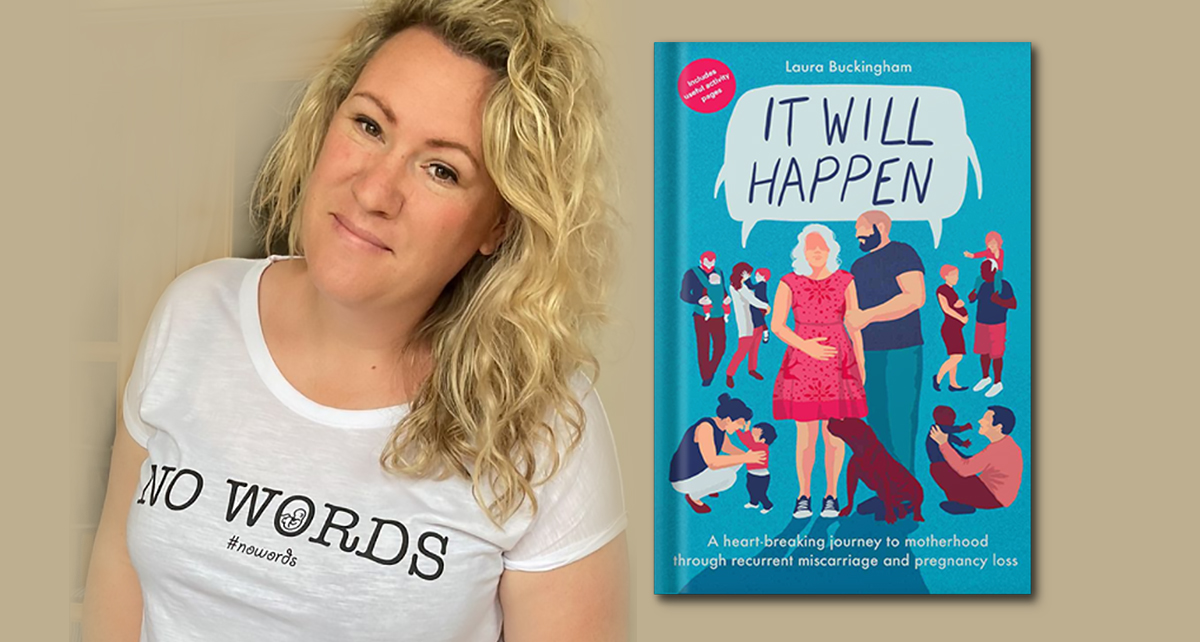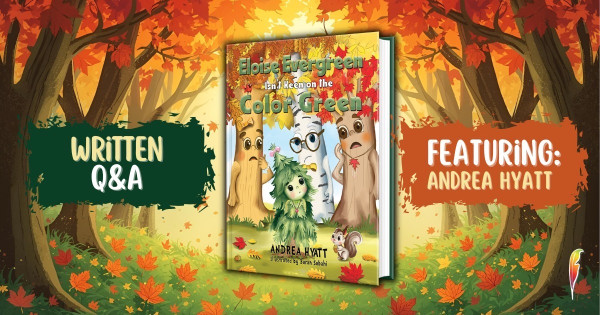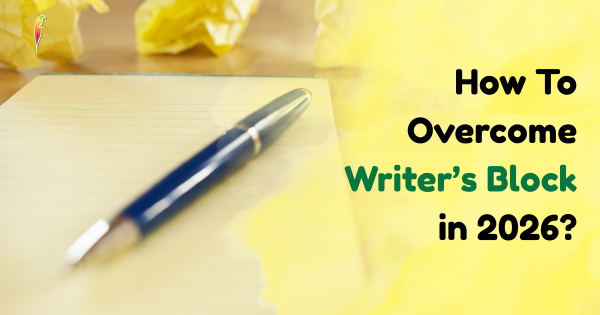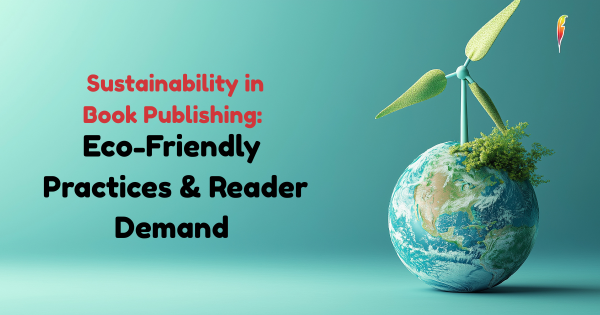
An Afternoon With Laura Buckingham
This month we caught up with Laura Buckingham, the author of It Will Happen to discuss the inspiration and background behind the story which has touched so many. It Will Happen was published just a couple of months ago in October 2020.In this short time the book has resonated with so many women and men who have struggled with pregnancy loss.
1. What inspired you to put your experiences into a book?
I started blogging in the midst of my journey and it helped me to process my emotions; it was like a kind of therapy for me. After my son was born, I felt that the blog came to a natural close as my journey to motherhood had finished but I really wanted to continue to share my experiences in order to help others. The worst part of my experience was feeling isolated and alone and I wanted my book to provide others with the companionship and hope that was missing for me.
2. Your book title is ‘It Will Happen’ can you explain why you picked this title?
It’s what everyone would say to us when we were trying for a baby and to begin with, I believed it. As time went on and we endured more losses the phrase no longer provided me with hope. It’s ironic really because I hated that phrase, but it is one that stuck with me and held great significance for that reason.
3. Do you feel there is enough support for women and men who have experienced miscarriage?
Is there enough? No, but it is getting better. Society has created a stigma surrounding the whole subject of fertility and baby loss and people often feel silenced because of embarrassment and shame. When I needed the support there was very little out there. The trouble is that your usual support networks of family and friends don’t always ‘get it’. But how would they unless they have been through it themselves? There was no support offered via the NHS, leaving me to scour social media to find people who understood me and my situation. I’m so pleased to say that things are improving in this respect. Bit by bit this taboo is being broken down and smashed apart! There is a wonderful community of people online who are supporting each other to rebuild this whole topic in a way to help educate and empower people who are dealing with these devastating circumstances.
4. What advice do you have for people going through the same experiences?
Sadly, a whopping 25% of all pregnancies end in loss. You are not alone in this, but it can often feel this way. I found that when I opened up about my losses so many others shared their experiences with me. I truly believe that the more we talk about these things, the easier it becomes for others to talk about it. It is by sharing and supporting that we can make a change. Not everyone will want to share but the privacy of baby loss should be a choice, not an instruction. Talking helps and you can always speak to a therapist or counsellor if you are worried about sharing your thoughts with those close to you or try social media if you want to remain anonymous, to begin with. If speaking about your experiences seems too daunting at this time maybe try writing or journaling, I found this incredibly helpful.
I also wanted to mention another thing that I found particularly difficult and that is what I have termed the ‘ugly feelings’. I had real trouble with my feelings of resentment, jealousy and bitterness towards other pregnant people. I had a constant battle with myself; having the ugly feelings and then hating myself for feeling this way. But I get rid of these feelings despite trying so hard to suppress them and that drove me a little bit crazy. If you have these feelings, please know that they are completely normal, and you are not a bad person because of this. Allow yourself to accept that these feelings will come and go and if you need time to withdraw slightly or create some space then do just that. Maybe silence the WhatsApp group or decline the baby shower invite – it is okay to put yourself first.
5. Was there a book which helped you during these times?
Sadly not. I didn’t want to hear about what supplements to take or be reminded to stay positive. I didn’t want a problem solver; I wanted a companion. I wrote the book that I would have wanted to read.
6. What three words would you use to summarise your book?
Raw, candid and inspirational.
7. What advice would you give others who are thinking about writing a book?
Just get started! The best piece of advice I got for writing a memoir-style book was to write as if no-one would ever read it. Don’t hold back and don’t filter it. If you worry about what others will say or think then it will not be your whole truth. You can always edit it out later. It is easier to remove what you have written than to write what you have not.
8. Did you learn anything when writing your book?
I found parts of it difficult to write, particularly when reliving the traumatic events. I think at the time I just plodded on with life, compartmentalising the tough times but writing about it all has made me realise how strong I am because of all that we have been through.
9. For those who have not read your book yet, what do you think the readers could learn from your story?
It’s a real-life account of my experiences and feelings while navigating the rollercoaster journey of recurrent pregnancy loss. This isn’t a book that will give you the answers or even a great deal of advice but what it will do is provide the reader with the tools and information to feel empowered and supported. It covers the following topics; trying to conceive, the strain on relationships, miscarriage, ectopic pregnancy, molar pregnancy, the ugly feelings, treatments and testing, pregnancy after loss, motherhood after loss and communicating with people in these situations. I also hope that readers will learn a lot about themselves when using the ‘About You’ activity pages which provide them with an opportunity to write or simply reflect on their own experiences.
10. Have you seen that your story has helped others? If so, how?
Wow! The feedback so far has been incredible. It is obviously heart-breaking that my story resonates with so many because I wouldn’t wish it on anyone but it is so humbling to hear that it is relatable and is helping others to combat those feelings of isolation and shame. There is a lot to be said for sharing experiences and feeling part of a community of people who understand each other. It’s a group that no-one wants membership to, but it is full of absolute warriors! I recently joined forces with another miscarriage Mumma to host the podcast The Worst Girl Gang Ever. We are so passionate and hope that by talking about it that we can continue to smash the taboo and open the dialogue surrounding this subject.
If you have not already read this heartfelt story, then grab yourself a copy now.
To stay up to date with all our new releases, the latest author news, and book recommendations, follow us on Facebook, Twitter, and Instagram.
We use cookies on this site to enhance your user experience and for marketing purposes.
By clicking any link on this page you are giving your consent for us to set cookies



